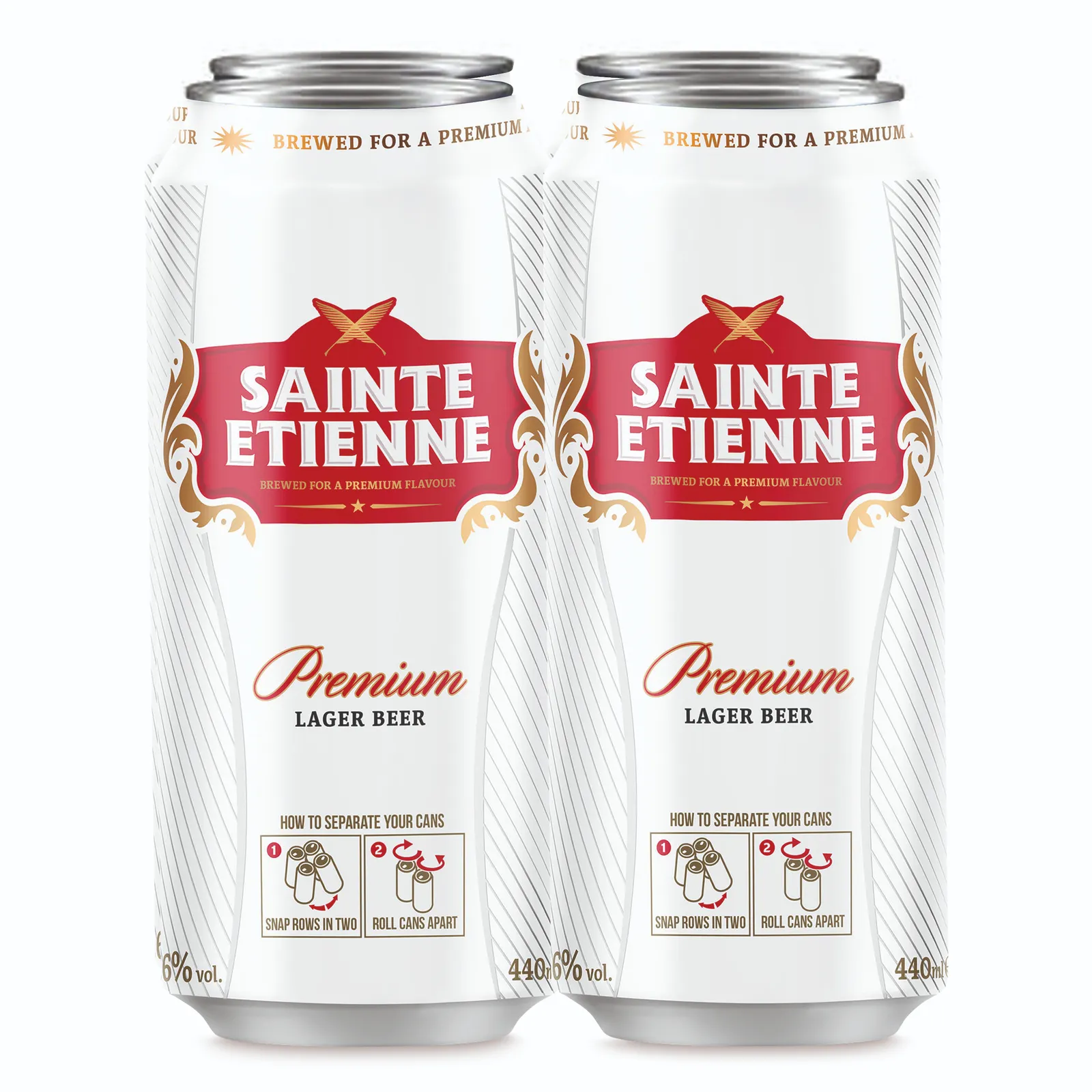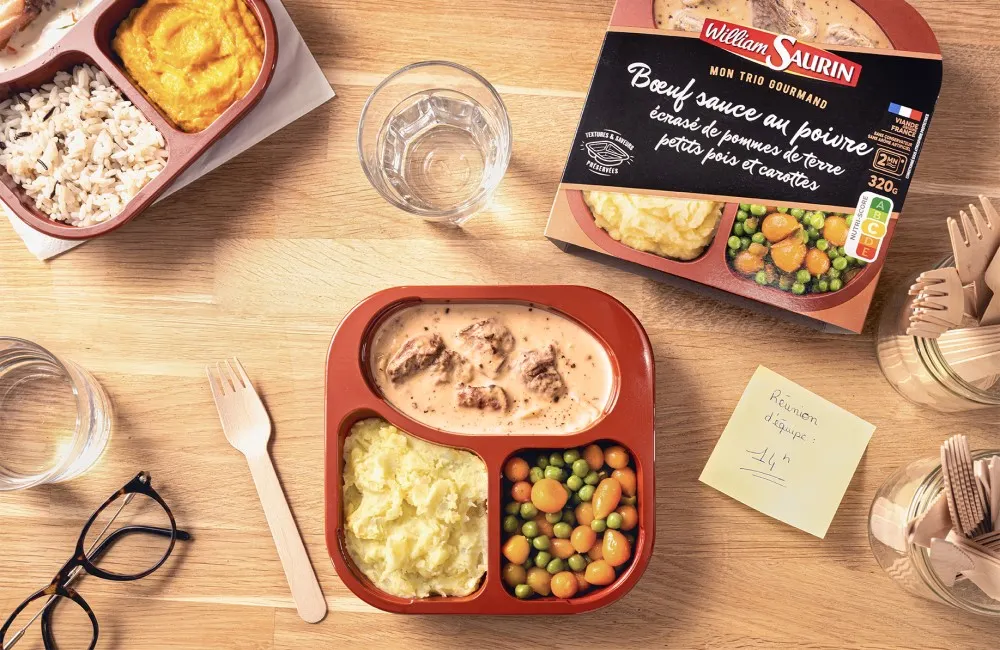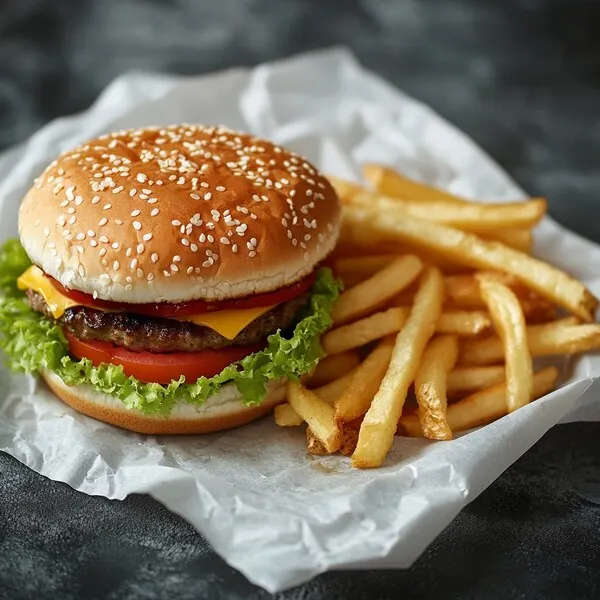Companies constantly innovate and redesign their packaging to boost performance, enhance sustainability and improve marketability. Here’s a look at four packaging launches and revamps on Packaging Dive’s radar.
Absolut-ely fiber
Absolut Vodka is going paper from top to bottom, as parent company Pernod Ricard touts the success of its May trial run for a paper-based cap and bottle combo. It now intends to do a limited in-market trial following additional quality testing.
Absolut calls the paper-based cap and bottle an industry first. No viable options existed in the market for paper caps, the company said in a news release, so Absolut teamed up with Blue Ocean Closures to develop one. A group of bartenders was the first to test the new cap at an event this spring, determining the product’s functionality and handling in “real-life” situations.
This follows Absolut’s launch of a paper-based bottle in partnership with Paboco in 2023, which was made of 57% fiber and a plastic liner, but it came with a standard aluminum cap.
The first-generation paper cap is made of more than 95% FSC-certified fiber and a thin top-seal barrier made of plastic. Absolut aims to eventually replace the plastic with a biobased material. The cap will be recyclable in markets where paper can be separated from other materials, according to the news release, and the product “opens the potential for reductions of carbon footprint compared to conventional materials such as aluminium.”
“We are hoping to inspire progress across the wider drinks ecosystem, pushing us further towards a more sustainable future,” said Noémie Bauer, chief sustainability officer at Pernod Ricard, in the news release.
Sticking together

Permission granted by Aldi UK
Grocer Aldi UK is putting its own-brand beer into a sticky situation. It’s introducing Snap Pack packaging, which uses glue to hold the cans together. This format replaces the traditional cardboard sleeve and is expected to eliminate 412 metric tons of packaging annually.
“By switching to Snap Pack packaging, we’re taking meaningful action to prevent waste – without compromising on quality or convenience. It’s a small change that makes a big impact,” said Luke Emery, national sustainability director at Aldi UK, in a statement.
Aldi will roll out the Snap Pack at its stores in the U.K. starting this year, for three varieties of its beer: Sainte Etienne, Galahad and Brasserie.
Compartmentalize your feedings

Courtesy of Amcor
Amcor worked with French food company Cofigeo Group to design a new range of single-serve, three-compartment meal trays. The lightweight, monomaterial polypropylene tray was designed for recycling and is compatible with recycling collection and processing infrastructure in France, Amcor said in a news release.
The multilayer PP tray is manufactured in a near-infrared terracotta masterbatch so it can be identified by NIR sensors in recycling facilities. It has a barrier that ensures 12 months of ambient shelf life.
Amcor designed the tray to be lightweight while also meeting Cofigeo’s requirements, including being de-stackable and able to run on existing filling lines.
“This was a challenging project, especially given its shape, to make the tray as thin as possible, but thanks to the technical support of Amcor, we have managed to achieve the same wall thickness as our standard single compartment version,” said Jean-Michel Perquin, Cofigeo Group packaging R&D manager, in the news release.
Elbowing out grease

Courtesy of BioOrigin Specialty Products
Bring out the burgers: BiOrigin Specialty Products is launching a new line of specialty papers for food service applications that are resistant to oil and grease.
“The new food-safe formula greatly improves converting efficiency by eliminating the paper curling and cracking issues that occurs with other OGR solutions on the market today,” said BiOrigin CEO Wade Kemnitz, in the news release.
The new BioGuard Paper is still recyclable, according to the company. It also has characteristics to reduce visual staining.